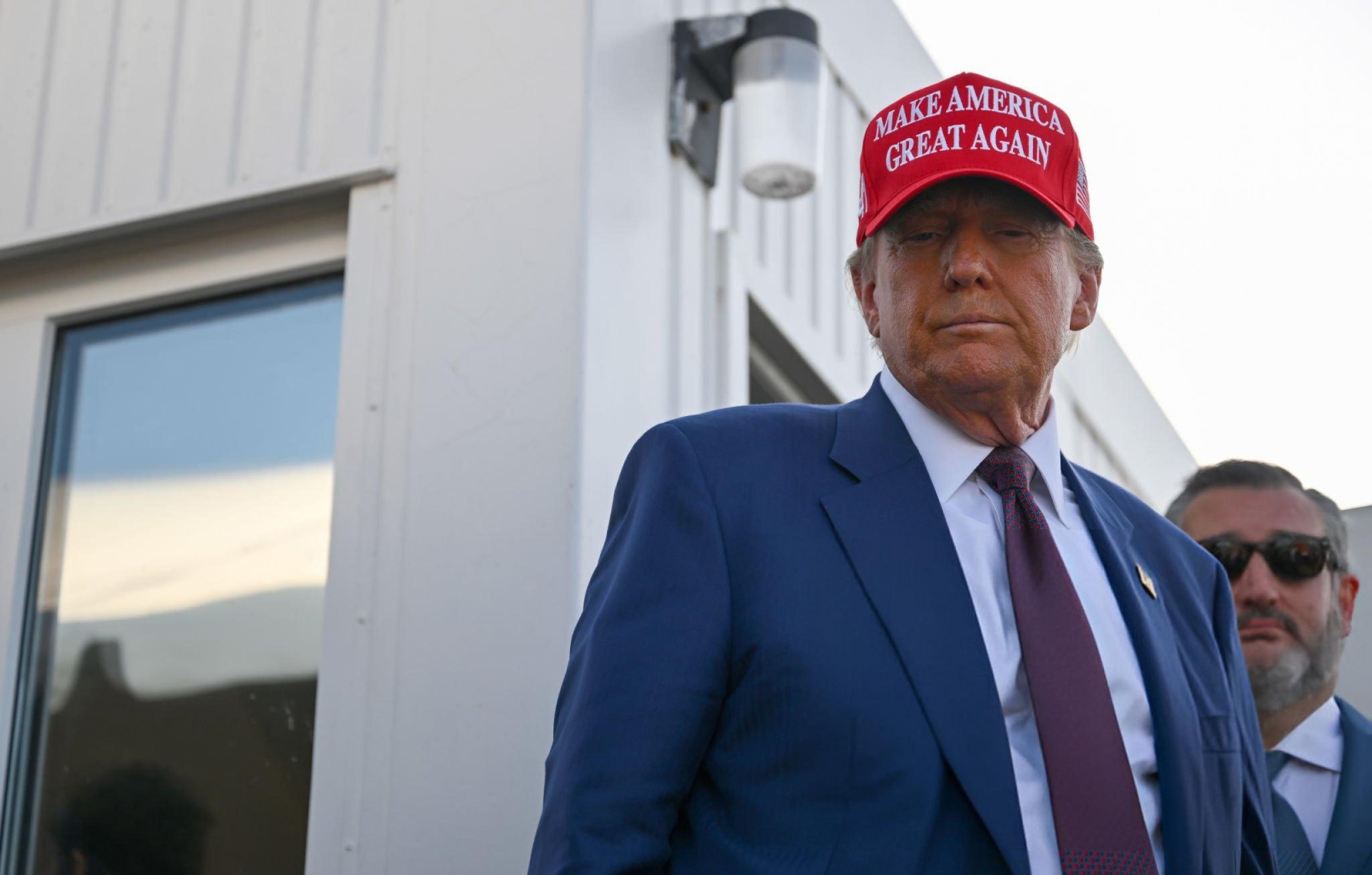The political arena has long been a theatre where money and power intertwine, and the latest developments in President-elect Donald Trump’s administration appointments only reinforce this enduring reality. In the final stretch of the election campaign, Trump’s political operation, underfunded compared to Democratic rival Kamala Harris, received a significant financial boost from some of America’s wealthiest donors. Now, many of those same donors find themselves rewarded with influential positions in Trump’s new administration.
Musk’s monumental contribution
Elon Musk, the billionaire entrepreneur and one of Trump’s most significant backers, emerges as a central figure in this narrative. Musk injected a staggering $75 million into a pro-Trump super PAC he founded just weeks before Election Day. Even after Trump’s victory was secured, Musk continued to pour funds into America PAC, adding another $45 million, according to Federal Election Commission (FEC) filings released Thursday. His financial contributions have not gone unnoticed; Musk has been named co-leader of a new initiative, the Department of Government Efficiency, tasked with cutting government spending. Joining him in this effort is entrepreneur Vivek Ramaswamy, another prominent donor.
Cabinet appointments tied to donor generosity
The trend extends beyond Musk. Several high-profile donors who wrote large cheques during the campaign’s final days are set to occupy key positions in Trump’s administration, pending Senate confirmation. Howard Lutnick of Cantor Fitzgerald LP, who contributed nearly $5 million to Trump-supporting super PACs, is poised to take up the role of Commerce Secretary.
Jeffrey Sprecher, founder of Intercontinental Exchange, will oversee the Small Business Administration, with his wife, Kelly Loeffler, at the helm. Sprecher donated $1 million during the campaign’s closing weeks. Similarly, Linda McMahon, a former wrestling executive and $1 million donor, has been nominated to lead the Education Department.
A shift in fundraising dynamics
These appointments highlight a significant shift in Trump’s fundraising and political strategy. While his first presidential campaign in 2016 thrived on small-dollar grassroots donations, his latest bid leaned heavily on the support of billionaires and mega-donors. This transition reflects Trump’s evolution from a political outsider to the GOP’s standard-bearer, embraced by the party’s wealthiest backers.
Trump’s campaign raised a total of $477 million during the election cycle—less than half of the $1.2 billion amassed by Kamala Harris. However, the final weeks of the campaign saw a surge in donations to pro-Trump super PACs, which collected $260 million compared to the $190 million raised by Harris-backed groups. These figures underscore the role of wealthy donors in narrowing Trump’s financial gap as Election Day approached.
The billionaire backers
Trump’s billionaire support network extended beyond Musk and Ramaswamy. Notable contributions came from Robert W. Duggan, CEO of Summit Therapeutics, and Thomas Dan Friedkin of the Friedkin Group. Each donated millions to bolster Trump’s campaign in its closing days. Meanwhile, Anthony Pratt, an Australian packaging magnate, contributed $10 million to MAGA Inc., the super PAC backing Trump.
A wealthy administration in the making
Trump’s cabinet, already on track to become one of the wealthiest in modern American history, raises questions about the influence of campaign contributions on political appointments. Critics argue that such practices blur the lines between public service and private interests, while supporters contend that Trump’s choices reflect his preference for individuals with proven financial and managerial acumen.
Conclusion
As Trump prepares to assume office, the intertwining of wealth, influence, and governance in his administration is undeniable. While his donors’ qualifications will undoubtedly be scrutinised during Senate confirmations, the appointments highlight the increasing role of big-money politics in shaping the nation’s leadership. For better or worse, the cheques written during the campaign’s frenetic final days have translated into substantial political capital, cementing a new chapter in the enduring relationship between wealth and power in American democracy.







